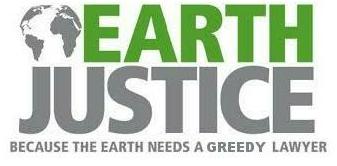1. Jamie Wells, MD, testified at the U.S. Environmental Protection Agency last week in favor of more transparency in science. The debate over putting an end to "secret science" and "sue-and-settle" agreements is solely a political one, but that has not prevented some scientists from circling the wagons defending a lack of transparency at the agency.
While no one really argues that government decisions should be made based on outlier studies that are not replicable and for which scholars refuse to turn over their data, the rationale ends up being just that. But scientists who are masking their political agenda with claims of reason insist it is about their data. We have repeatedly noted it's not their data. It's the taxpayers' data, then it's the funding agencies data, and It's the patients' data. Unless you are one of about five scientists in America who are wealthy and funding your own studies, you don't own any data and you can't expect government to accept your conclusions without showing it.
2. Fox News linked to our work on the surprising power of religion in longevity. Religious people tend to live longer. Obviously there can be confounders - religious people may smoke less, drink less alcohol, or exercise more - but the psychological benefits of a positive community are extensively documented.
3. Mind Body Green is not usually pro-science any more than Mother Jones or Food Tank is, but it is our job to make everyone a little smarter, so we are pleased they used our work on skin cancer and melanoma in a recent article on how to avoid sun damage. Reward them for stepping out of the darkness by giving them a click.
4. On Science 2.0, I cheered that trial lawyers and anti-science activists are having a harder time at EPA than they had in the past. I don't want anyone to lose their jobs, but when money is all that matters, you are going to defend the status quo you worked to hard to create. That doesn't mean it's good for all Americans.

5. Finally, how many of you have your own theme song? Dr. Alex Berezow got one, thanks to a recurring segment in Seattle radio called "Real Science with Dr. B."




